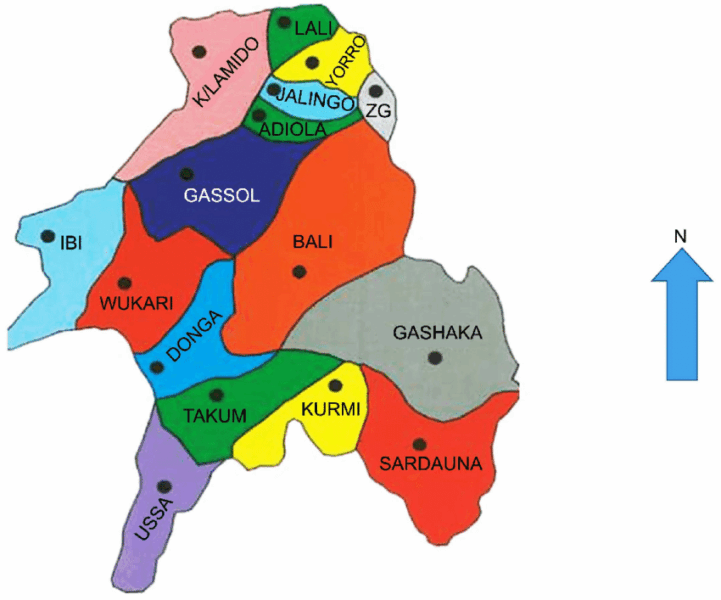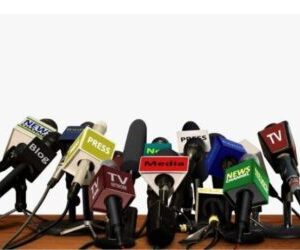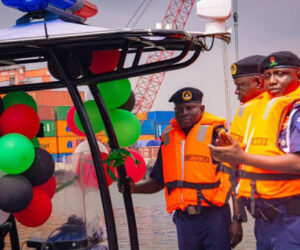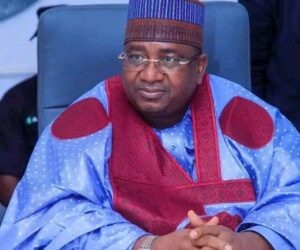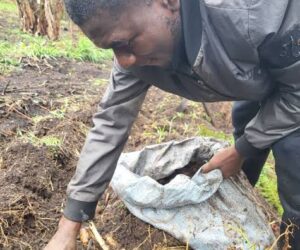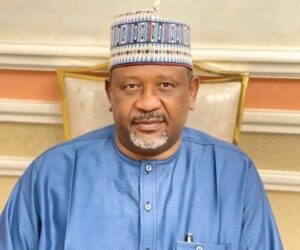The collapse of the Namnai bridge, along Jalingo to Wukari highway, has become one of the most painful challenges facing Taraba state today. The vital link for transport, business, and social life, the bridge now lies in ruins after heavy rains swept it away in 2024.
For the people of Namnai village and thousands of commuters who depend on the road daily, the broken bridge is more than just an inconvenience. It has turned into a life-threatening problem, cutting people off from opportunities, destroying businesses, and even claiming lives.
Taraba state is blessed with fertile land, and farming is the backbone of its economy. Namnai, located in Gassol local government area, is one of the farming hubs.
The farmers produce rice, maize, beans, yams, and vegetables. Traders and transporters rely on the Jalingo to Wukari road to move these goods to major markets in Jalingo, Wukari, and beyond, the collapse of the bridge, trucks cannot pass easily.
Goods pile up on one side of the river while buyers wait in vain on the other, Farmers now sell at very low prices just to avoid losing everything, while traders who manage to move goods across pay extra costs for ferries or small boats.
These costs are transferred to consumers, making food more expensive across Taraba, what was once a simple, profitable trade has turned into a struggle filled with losses.
Before the collapse, the Jalingo to Wukari highway was a busy corridor. Buses carried passengers to work, school, and markets. Now, the journey has become a nightmare. Vehicles stop at the broken point, passengers are forced to disembark, cross the river with canoes or ferries, and then continue the journey with another vehicle on the other side.
This long, stressful process has doubled travel time and increased fares. Some passengers wait hours for a chance to cross.
For children going to school and workers who need to be on time, this disruption is costly. For pregnant women, patients needing urgent medical care, or traders with perishable goods, it is sometimes deadly.
The most painful consequence of the Namnai bridge collapse is the loss of lives. In their desperation to cross the river, many people turn to unsafe, overloaded boats.
Several accidents have been reported, and families have mourned loved ones who drowned while trying to make it to school, hospital, or market.
Parents now live with fear whenever their children have to travel. Patients die on the way to hospitals because of delays. For many, the river is no longer a blessing but a daily threat. Each crossing feels like a gamble with
The solution to Namnai’s problem requires both immediate and long-term action, short-term interventions should focus on saving lives and reducing hardship.
The government can Install a temporary military bridge to allow safe passage of vehicles and people, regulate ferry services, ensuring operators use safe boats and provide life jackets, Provide relief materials for farmers who have lost goods and income and Support the construction of temporary storage facilities for perishable crops.
Long-term solutions must include building a new, stronger bridge designed to withstand seasonal floods and heavy traffic, the project should be given priority in federal and state budgets because the Jalingo to Wukari highway is one of the most important roads in the state.
In addition, the government should improve early warning systems for floods and strengthen rural infrastructure across Taraba. Communities like Namnai should not be left vulnerable to disasters that can be prevented with better planning.
The story of Namnai is not just about one village, It affects the whole of Taraba State and every person who buys food in Jalingo, every trader who depends on the road to Wukari, and every family who travels that route feels the impact of the broken bridge.
The people wait in hope that their leaders will not let them down, and that the bridge will once again stand as a symbol of connection, safety, and progress for Taraba state.
Rukaiya Ahmadu,
Mass Communication Department,
University of Maiduguri, Borno state

